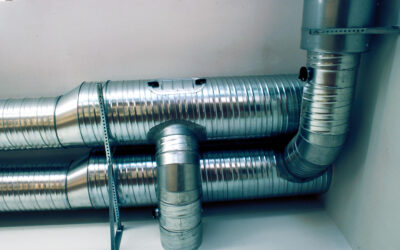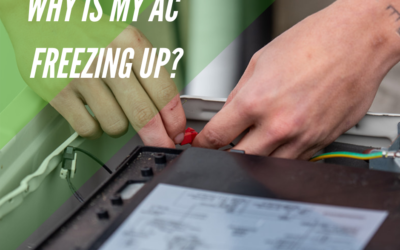If ever you’ve grown sentimentally attached to an old car that is draining money from your budget with frequent repairs, then you can probably relate to that sinking feeling that it might be better to cut your losses and buy a newer, more reliable car.
Every mechanical device has a lifespan, and even if you are meticulous about maintaining it, it sometimes doesn’t make sense to continuing “throwing good money after a bad choice,” as the saying goes.
The same logic applies to central air conditioners, which are built to last between 15 and 20 years. They are one of the biggest, most important investments you can make in your home, and deciding whether to repair it or replace it with a new, more reliable system is very much like assessing the future of an old car.
But there are two key differences: you probably aren’t sentimentally attached to your central air conditioner – which will make this process strictly analytical – and you will have Charlie’s Tropic Heating & Air Conditioning right at your side, providing an expert, comprehension inspection of your system and a detailed prognosis. For those doubting Thomases who worry that Charlie’s objective is to “push” the sale of a new system, we base our considerations on those provided by an authoritative third party: the U.S. Department of Energy. Its assessment factors include:
- The frequency and nature of your air conditioning repairs. Just like that old car, air conditioners tend to break down and/or require more costly repairs sometime after the 10-year mark and especially during the last few years of their lifespan. Charlie’s differentiates between repairs and annual maintenance checks. Just as it doesn’t make sense to sell an old car just because it needs new brakes, it makes little sense to say goodbye to your air conditioner just because it requires an annual tune-up and minor adjustment.
- The age and efficiency rating of your air conditioner. Admittedly, this can be a tricky time to make a cut-and-dry assessment. If your air conditioner is more than nine years old, its seasonal energy efficiency ratio (SEER) rating probably falls far short of federal standards enacted nine years ago: on January 23, 2006. These standards mandate SEER ratings of 13 or higher. Previously, the minimum was 10, and many older systems carry SEER ratings of six or less. There’s no doubt that new, Energy Star air conditioners are so efficient that they can save you up to 20 percent on your energy bill. This is where other factors should come into play.
- The quality of your home’s indoor air. An older, inefficient air conditioner may struggle to cool down your home or do so inconsistently. Some rooms in your home may be excessively warm or humid. Or your home may smell musty. All of these are signs of an inefficient air conditioning system. Then again, the problem might lie in your ductwork. Charlie’s will be able to tell. And if you can gather your utility bills from the last 12 months, you might enjoy seeing how your home measures up, literally, on the department’s Home Energy Yardstick, which rates a home’s energy efficiency.
- Your electric bills. While those bills are on the table, Charlie’s can help you discern whether they’re escalating because of rate increases or an extenuating circumstance, such as your system’s inefficiency.
Naturally, only you can decide whether you can afford to invest in a new, energy efficient air conditioning system. (Unfortunately for homeowners, federal tax rebates on central air conditioners expired at the end of 2014). But rest assured: at some point, all of these assessment factors will form a clear picture of whether it’s more prudent to repair or replace your air conditioning system. You can count on Charlie’s to bring the picture into sharper focus – and with the honesty, conscientiousness and integrity we’ve built our reputation on.




0 Comments